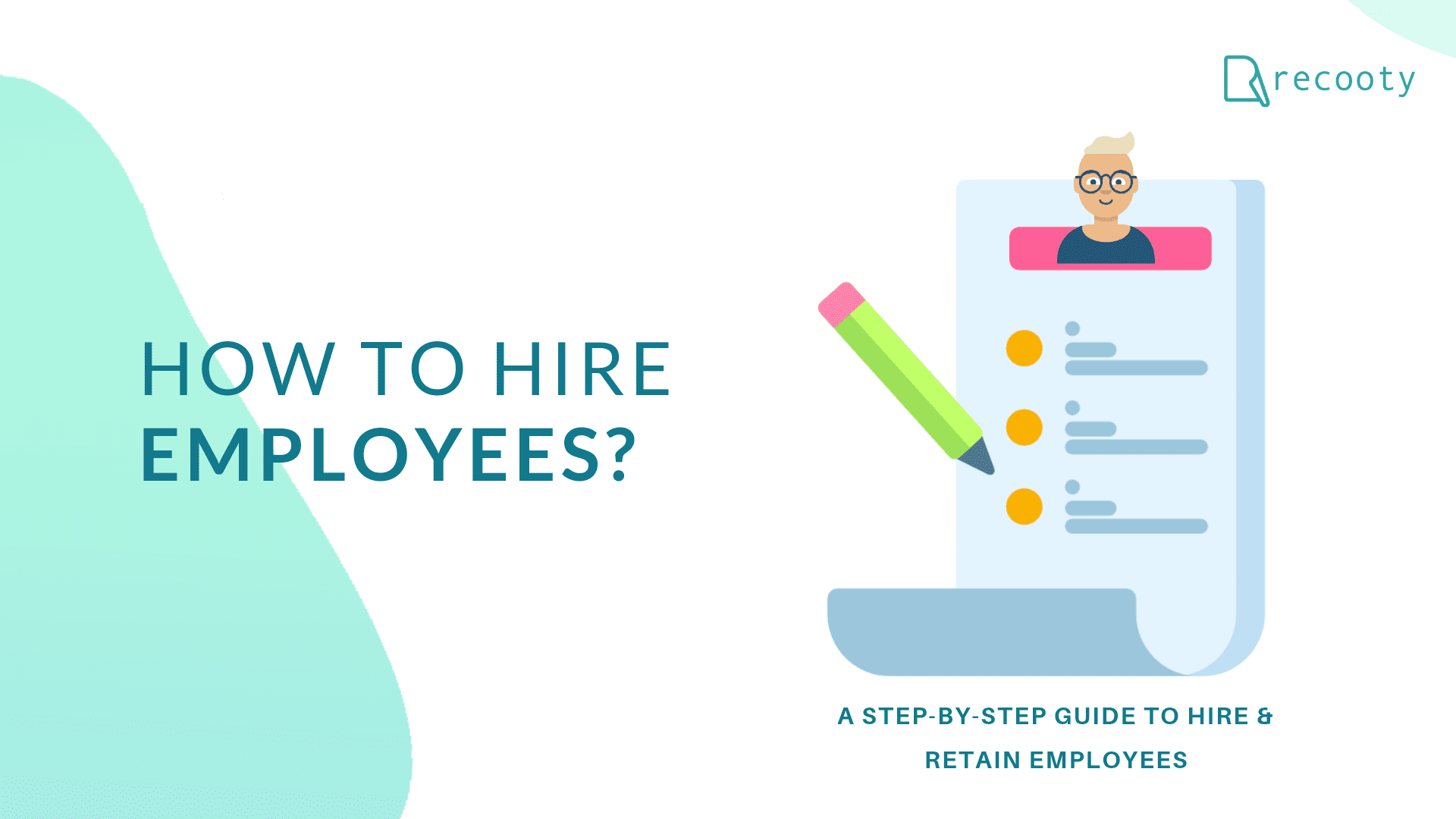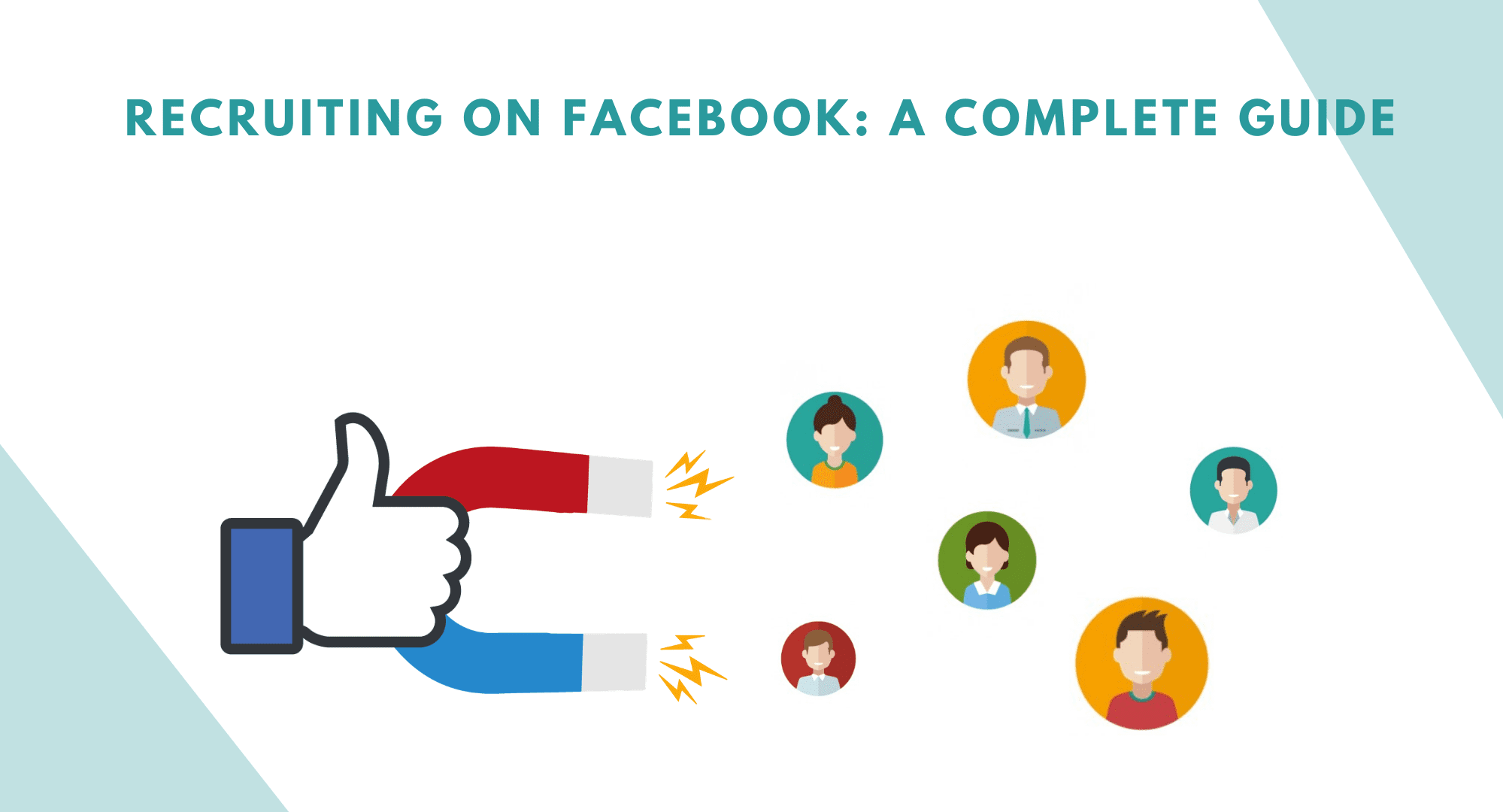The Role of Employee Referral Programs in Hospitality Talent Acquisition
Anmol Jha

Hospitality is an industry deeply rooted in personal interactions and memorable experiences. As such, securing the right talent is of paramount importance. One invaluable avenue for sourcing this talent is through employee referral programs. Additionally, those who hold a bachelor’s degree in hospitality management often become a key part of this talent acquisition equation.
In hospitality, the right employee can turn a one-time guest into a loyal customer. Consequently, the race to hire the most skilled and fitting candidates is fierce. And amidst this race, employee referral programs have emerged as a game-changer.
While it’s acknowledged that employees might know the best candidates, let’s delve deeper into why their referrals are golden.
A bachelor degree in hospitality management is more than just a certificate – it’s a testament to rigorous training, industry insight, and dedication. Here’s how it intertwines with employee referrals.
From crafting magnetic job descriptions to capitalizing on culinary events, let’s explore the recipe for drawing in the brightest culinary luminaries.
If you’re looking to harness the power of referrals, here’s a comprehensive guide.
Like all strategies, employee referral programs are not without their challenges. However, understanding these hurdles can lead to better program design and enhanced outcomes.
For a referral program to be truly effective, it’s essential to instill a culture that actively supports and promotes it.
a globally recognized name in the hotel and hospitality sector, is no stranger to the benefits of an employee referral program. Historically, the company has consistently emphasized the importance of its associates in its growth and success. To capitalize on the networks of its vast workforce, Marriott introduced a comprehensive employee referral program.
Initially, while the program was present, its potential was untapped. However, with the introduction of more structured communication methods, enticing incentives for successful hires, and a platform that made referring candidates straightforward, Marriott saw a notable increase in referral hires. This streamlined approach not only helped them save on hiring costs but also led to acquiring talent that aligned better with the company’s culture and values.
What’s even more remarkable is that a significant portion of these referrals had formal education in the field, including many who held a bachelor’s degree in hospitality management. These candidates brought with them a blend of fresh academic insights and a passion for the industry, proving to be valuable assets to Marriott’s operations.
Talent acquisition in hospitality is not just about filling vacancies; it’s about selecting ambassadors for your brand. And who better to identify these ambassadors than your existing employees? Bolstered by insights from those with a bachelor’s degree in hospitality management, employee referral programs can truly reshape your talent landscape, making it richer, more diverse, and more aligned with your brand ethos.
These programs streamline the recruitment process by harnessing the power of recommendations from trusted employees. In the hospitality sector, where interpersonal skills and cultural fit are vital, referrals often lead to candidates who seamlessly integrate into the team and uphold the service standards.
Incentives may include monetary rewards, recognition programs, or additional vacation days. Hospitality employees are more likely to participate actively in referral programs when they feel valued for their contributions to the recruitment process.
While these programs are effective for various positions, they may be particularly beneficial for roles that require a strong focus on customer service, teamwork, and cultural alignment. Frontline and customer-facing positions often see increased success through employee referrals. These are just a few common questions related to the role of Employee Referral Programs in hospitality talent acquisition. Feel free to ask more specific questions for a detailed understanding!


